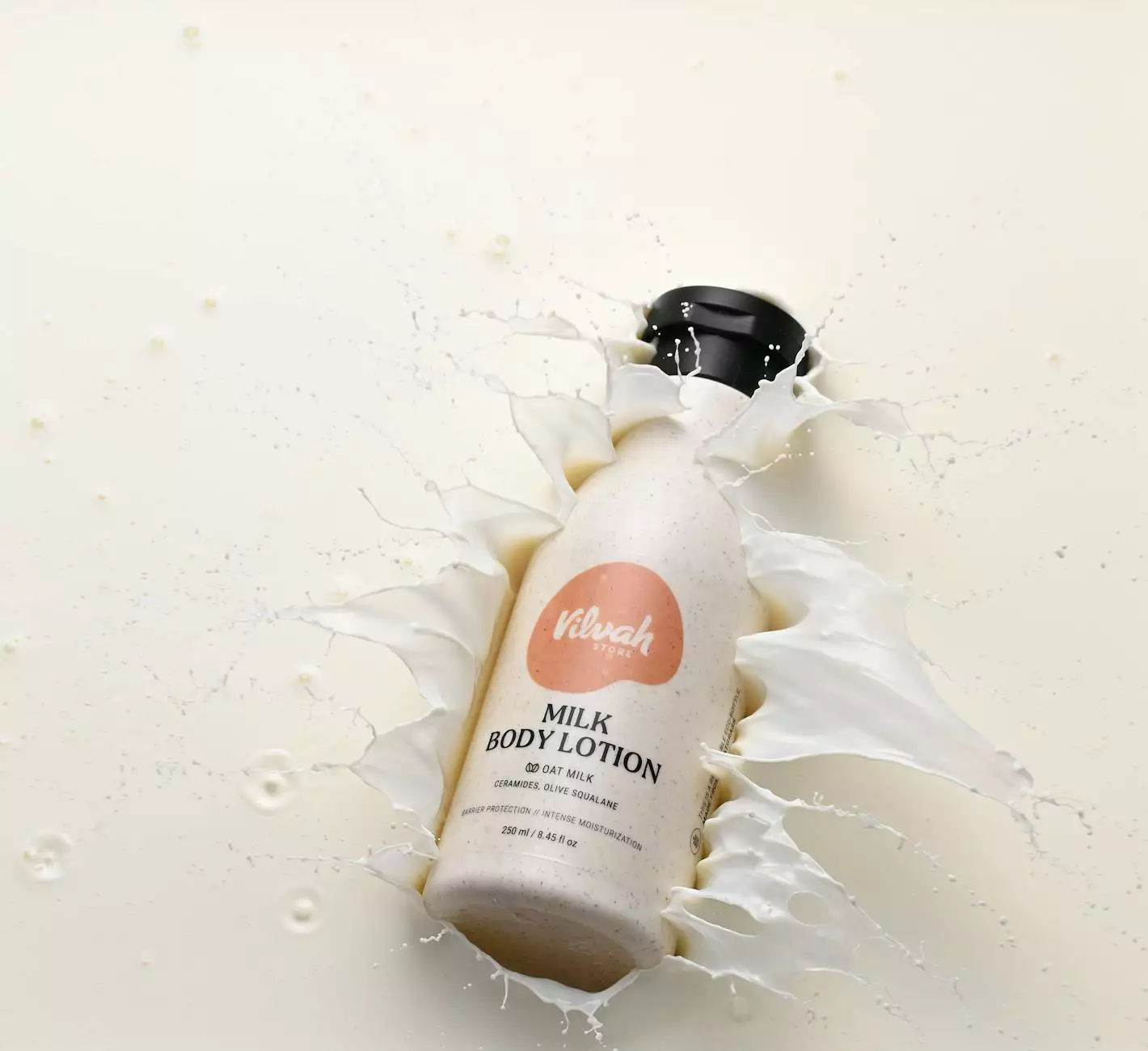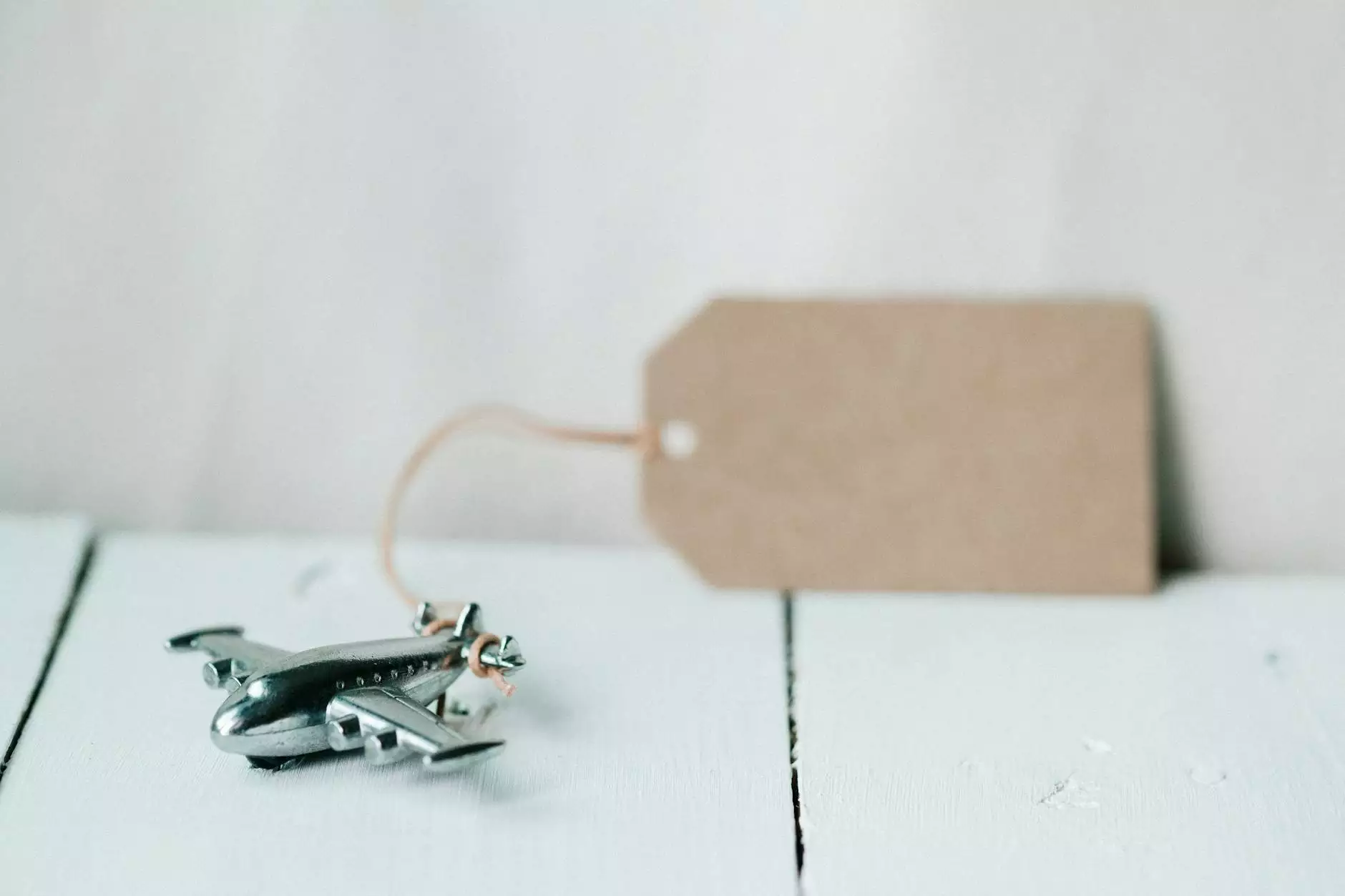The Comprehensive Guide to Hard Water Softener Systems

The prevalence of hard water affects millions of households globally. As water passes through soil and rock, it dissolves minerals like calcium and magnesium, leading to hard water – a common issue faced by many. To combat the negative effects associated with hard water, investing in a hard water softener system is a practical solution that brings numerous benefits. This article serves as an extensive guide to understanding hard water softeners, exploring their mechanism, benefits, different types, and maintenance tips.
Understanding Hard Water
Hard water is essentially water that contains a high concentration of dissolved minerals. It can significantly impact daily life, leading to:
- Reduced appliance efficiency: Hard water can cause mineral build-up in appliances, reducing their efficiency and lifespan.
- Soap scum and residue: Hard water reacts with soap, leading to scum formation, which can be frustrating during cleaning.
- Piping issues: Over time, hard water can lead to scale buildup in pipes, potentially causing clogs or damage.
- Skin and hair problems: Hard water can affect skin moisture and hair texture, leading to dryness and irritation.
The Functionality of a Hard Water Softener System
A hard water softener system primarily works through a process known as ion exchange. Here's a breakdown of how these systems function:
1. Ion Exchange Process
The heart of a water softener is its resin tank, which contains tiny beads charged with sodium ions. As hard water passes through these beads, the calcium and magnesium ions are exchanged for sodium ions, effectively softening the water.
2. Regeneration Cycle
Over time, the resin beads become saturated with calcium and magnesium, necessitating a regeneration cycle. During this process, a salt solution is used to recharge the beads, flushing out the hardness minerals and restoring their sodium content.
Types of Hard Water Softeners
There are several types of hard water softener systems, each with its unique features and benefits:
1. Salt-Based Water Softeners
These are the most traditional softeners, utilizing salt for the ion exchange process. They are widely recognized for their effectiveness in eliminating hardness but require regular maintenance and salt refilling.
2. Salt-Free Water Softeners
Salt-free systems, also known as water conditioners, do not actually remove hardness minerals. Instead, they alter the minerals to prevent scale buildup. This option may be beneficial for those looking to avoid salt but is often less effective than traditional salt-based systems.
3. Dual-Tank Water Softeners
These systems are equipped with two tanks, allowing for continuous soft water supply. While one tank undergoes regeneration, the other remains in service, making these systems ideal for households with high water usage.
Benefits of Installing a Hard Water Softener System
Investing in a hard water softener system comes with numerous advantages:
- Improved Appliance Longevity: By preventing scale buildup, soft water extends the lifespan of appliances, reducing the need for repairs or replacements.
- Enhanced Cleaning Power: Soft water lathers soap effectively, leading to cleaner dishes, clothes, and surfaces without soap scum or residue.
- Healthier Skin and Hair: Soft water helps maintain moisture in the skin and hair, reducing irritation and dryness.
- Energy Savings: Soft water systems minimize energy consumption by maintaining appliance efficiency.
- Extended Plumbing Life: By preventing scaling in pipes, water softeners can prolong the life of a home’s plumbing system.
Choosing the Right Hard Water Softener System
Selecting the correct hard water softener system requires careful consideration of several factors:
1. Water Hardness Levels
Understanding the hardness level of your water is crucial. You can obtain a water hardness test kit to determine the concentration of calcium and magnesium in your water supply.
2. Household Water Usage
Assessing your household’s water usage is essential for choosing the right size and type of system. Larger families or homes with high water demands might benefit from a dual-tank system for continuous supply.
3. Budget Considerations
Hard water softeners come at various price points, and while expensive models may offer advanced features, there are many affordable options that adequately meet basic softening needs.
Installation of a Hard Water Softener System
Proper installation is key to ensuring your hard water softener system functions efficiently. Installation generally includes the following steps:
1. Site Assessment
Identify an appropriate location, commonly near the water main, ensuring accessibility for maintenance.
2. Piping Connections
Plumbing connections typically require cutting into the main water line for installation, so ensure you have the necessary tools and skills, or hire a professional plumber if unsure.
3. Electrical Hook-Up
If your system requires electricity, ensure a nearby outlet is available or consult an electrician for installation.
Maintenance Tips for Hard Water Softeners
To keep your softener functioning optimally, regular maintenance is essential. Here are some maintenance tips:
- Check Salt Levels: Regularly check and refill the salt levels in salt-based softeners to ensure ongoing efficiency.
- Clean the Brine Tank: Periodically cleaning the brine tank helps prevent mold and bacteria growth.
- Inspect for Leaks: Regularly inspect the unit for any leaks or damages to prevent larger issues.
- Schedule Professional Maintenance: Annual check-ups with a professional can ensure your system is functioning correctly.
Environmental Considerations
It's important to consider the environmental impact of water softeners. Salt-based systems can contribute to elevated sodium levels in wastewater, which can affect local water sources. Here are some steps to mitigate environmental impact:
- Use Potassium Chloride: Consider using potassium chloride as a substitute for sodium chloride, which is less harmful to the environment.
- Utilize a Smart Softener: High-efficiency systems can minimize salt discharge and water use.
- Recycle Your Wastewater: Investigate regulations and options for treating and recycling your softened wastewater.
Conclusion
A hard water softener system is an invaluable addition to any household facing the challenges of hard water. Not only does it enhance the quality of water, but it also contributes to savings on appliance repairs, cleaning products, and even energy bills. When selecting a system, consider water hardness levels, household needs, and maintenance requirements.
By investing in a high-quality hard water softener, you are not just improving the functionality of your home; you are creating a healthier environment for you and your family. For those in Belgium seeking solutions to water purity, make sure to explore the services offered by waterverzachteraquagroup.be for top-notch water purification and softening solutions.









